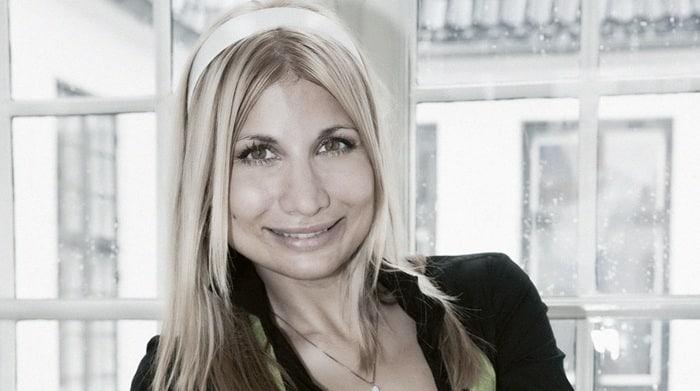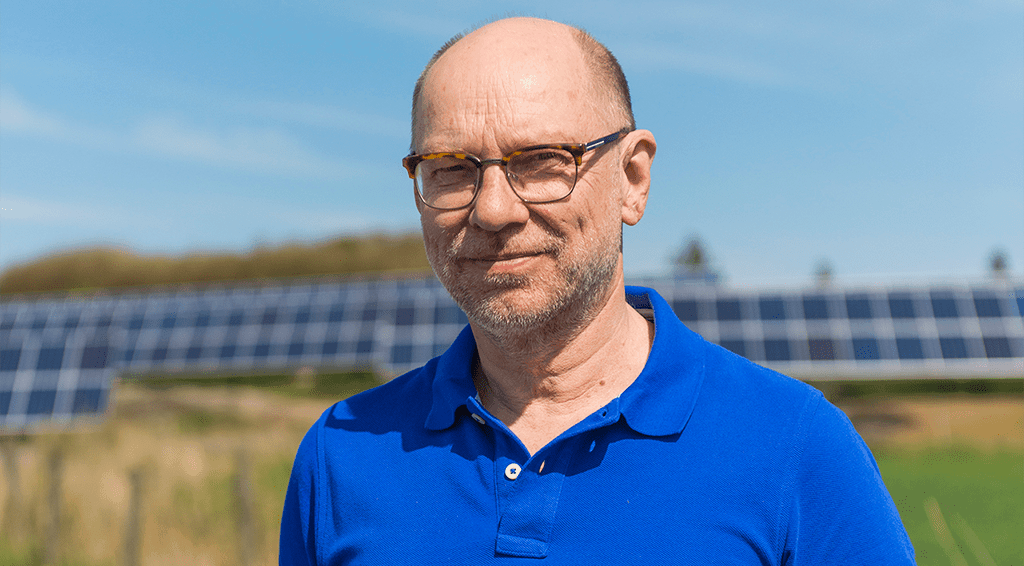27Sep2017
“Food waste is a global scandal. About one-third of the world’s food is lost or wasted – it’s enough to feed three billion people, and we already have one million people on this planet who are starving.”
These are the words of 37-year-old Selina Juul in a CNN-feature aired in July this year. The video came after a similar interview was published on Facebook by the BBC in February 2017, which received more than 28 million views and propelled Juul to fame across the world as the leader of the battle against food waste. However, her relentless fight started nearly a decade ago.
Juul radiates with a bubbly enthusiasm from the second she opens her mouth. Her characteristic accent, which mixes a hint of Danish and a dash of Russian, has become the quintessential voice of the global anti-food waste movement. Hundreds of thousands of her fellow activists recognize her blond – almost white – hair and big hazel eyes. But it’s her genuine passion that has made her a strong leader for a movement that is revolutionizing the way we tackle food waste.
“We waste food because we can”
Raised in Russia after the collapse of Communism, Juul’s interest in food waste stems from a childhood where wasting food wasn’t an option.
“I remember, from being brought up in Moscow, how the supermarkets were empty,” she says. Juul recalls how her grandmother managed the shopping and housekeeping while her mother worked as a scientist: “I remember a day when she came back from the supermarket with absolutely nothing. There was just nothing there. It’s a horrible feeling not knowing if you will have food tomorrow.”
When her mother got a job in Denmark, the then-13-year-old Juul was shocked by the abundance of food on supermarket shelves in her new home country, and by how much food was being wasted – something to which her classmates couldn’t relate.
“They hated when I brought it up because, here in Denmark, everyone had food on the table. So, what was I talking about?” she noted. “We waste food because we can. My grandmother never wasted any food because there was no choice.”
The issue remained close to her heart, but it wasn’t until years later that it became something more.
“I was on holiday with my boyfriend, and we were talking about what to do to make the world a better place. Suddenly it struck me,” Juul explains.
Days later, she set up a Facebook page with the title Stop Wasting Food (in Danish: Stop Spild Af Mad). Within weeks, the page had hundreds of supporters, and Juul was invited to speak on national TV. Three months later, one of Denmark’s major supermarket chains, REMA 1000, met with Juul to share how she had inspired them to cancel all bulk discounts in their stores.
“My thought was just oh my God, and it hit me. This was becoming huge,” she reflects.
Timing is everything
The Stop Wasting Food movement had struck a chord and quickly caught the attention of politicians, both nationally and internationally. She was invited to speak at the Danish parliament, and later at the EU and UN, where she has played a leading role in formulating policies and strategies aiming to reduce food waste at a local, regional, and global level as a member of the global coalition against food losses and waste, called Champions 12.3.
Juul attributes part of the movement’s success to timing:
“Al Gore’s An Inconvenient Truth already had everyone starting to realize the impact of climate change, and then we had a financial crisis. People were more receptive to the message because they wanted to save money.”
In 2011, Juul published a cookbook explaining how an average Danish household wastes roughly 1300€ worth of food each year. And while saving money resonated well with some people, others were excited about the simple, hands-on approach to environmental protection.
“Let’s face it: the temperature is going to rise, we have population growth, we have droughts and floods. We’re screwed. People are looking for things they can do,” she states.
And while many feel overwhelmed by the debate about climate change, she emphasizes the importance of encouraging ordinary consumers to join the fight.
According to the Ministry of Environment and Food of Denmark, almost 40 percent of food waste comes from ordinary households. That is more than the amount originating from the supermarkets, restaurants, and hotels combined.
“We are all part of the problem and the solution”
From the beginning, Juul has been aware that, in order to really foster change, it is essential to make it an issue that cuts through personal convictions and political ideology. She is proud to have won the attention and support of three shifting governments from both the right and left side of the political spectrum:
“It doesn’t matter what color your party has – it’s the issue that matters.”
It’s with the same sense of diplomacy that she has convinced the private sector to join the fight.
“Lots of environmental NGOs (non-governmental organizations) go out to rally against industrial actors, and it’s the wrong approach. If you do that, they won’t work with you. We don’t scold anyone. We say: we are all part of the problem, and also the solution,” she explains.
With a background in graphic design from the Danish School of Media and Journalism, Juul has been well aware of the importance of strategic communication. She has become an expert in food waste before speaking about it publicly, and has refused to comment on other issues.
In 2014, when she was named “Dane of the Year” — a first for someone with a non-Danish background — several national media outlets wanted to discuss her experiences as an immigrant.
Her response was clear: “I said ‘no way’. I don’t talk to the media about anything else but food waste and I never talk about my private life.”
First Denmark, then the rest of the world
For the better part of 10 years, Juul has spent almost every waking hour dedicated to eradicating food waste – most of which has been on a voluntary basis. Working as a graphic designer, she often had to work throughout the night to make ends meet.
Today, due to donations and income from speaking engagements, she can dedicate all her time to the reduction of food waste. In the fall of 2016, the movement became an official NGO, and its board members include some of the most influential people in the field.
The impact has been vast and visible. From 2010 to 2015 Denmark cut its food waste by an estimated 25 percent according to the estimate by the Danish Agriculture and Food Council. Most supermarkets have policies to reduce food waste and donate surplus food to charities, and many schools now teach children about sustainable food consumption. According to a recent survey, close to half of the population is more concerned with reducing food waste now than they were a year ago.
But, for Selina Juul, this is only the tip of the iceberg. She is committed to meeting the UN’s Sustainable Development Goal of halving global food waste per capita at the retail and consumer level by 2030. She hopes that experiences from Denmark can inspire similar initiatives and movements in other parts of the world.
This article appears also in the 2017 issue of Nordic Business Report. Get your digital copy from the link below.
Selina Juul was ranked #1 in the Nordic Business Report’s Top 20 Responsible Leaders in Northern Europe ranking.
Article photo credit: Fintan Damgaard / Stop Wasting Food


